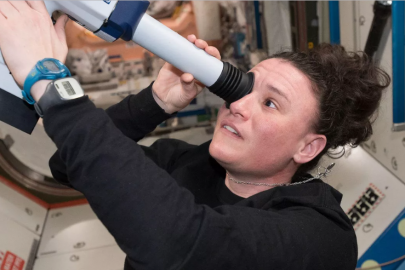Perhaps because of the damage it can cause when it strikes a target, not all that much attention is given to the damage caused by ammunition that doesn’t. But with the hundreds of thousands of training rounds used by the US Army either left on the ground or lodged a few feet beneath, there are a few environmental concerns at play. The Department of Defense is now looking at ways to clean up after itself, putting out the call for the development of biodegradable ammunition loaded with seeds that sprout plants after being discharged.
At military facilities across the US and indeed around the world, a huge number of rounds are fired for training purposes, ranging from low-velocity 40 mm grenades, to mortars, to 155 mm artillery rounds. All of these feature components that can take hundreds of years to biodegrade, and falling onto the ground in such great numbers means that finding and cleaning them up is no small task. But left behind, they can corrode and pollute the soil and water supplies.
So the Department of Defense has put out a call for proposals through the Small Business Innovation Research agency that solve the problem. The DoD describes the solution as a naturally occurring biodegradable material that can replace those used in current training rounds.
It imagines that the biodegradable composites will be capable of holding bioengineered seeds inside (a technology it says has been demonstrated previously), that won’t germinate until they have been in the ground for several months. Then plants will sprout from the discharged ammunition that actively remove soil contaminants and consume the other biodegradable components. Also imperative is that animals are able to safely consume the plants.
The DoD was looking for applications up until February 8, and says the contractor will initially develop a process whereby biodegradable composites with embedded seeds can be used to make 40 to 120 mm training rounds that meet the performance requirements of existing training rounds. Beyond that, the contractor is also expected to explore ways these kinds of materials with integrated seeds can be used for purposes other than defense.



































